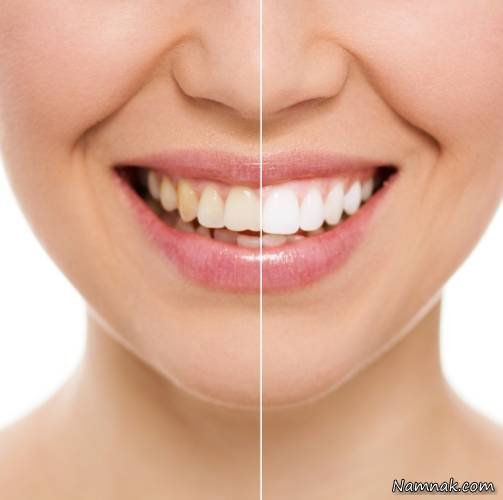SignsBinge Eating Disorderthat threaten body health
Binge eating and anorexia nervosa are both disorders that affect people’s eating habits and diets.AnorexiaWhile anorexia patients severely restrict food intake, opposite behavior is seen in those with binge eating disorder, who cannot control their eating and tend to weigh more compared to anorexics.

As mentioned above, binge eating disorder is a type of eating disorder often rooted in body image issues, making it more common among women than men. However, this does not mean that men are immune to this disorder; they are just less frequently affected.
About 1.5% of American women struggle with binge eating disorder during their lifetime. Although it may not be visible in their bodies, they are indeed at risk for serious mental health issues. Therefore, in this section of health:SelMagzwe will explorethe signs of binge eating disorder.Symptoms of Binge Eating Disorder That Should Worry You
Overeating
One sign of binge eating disorder is consuming large amounts of food in a short time, to the extent that individuals start to vomit. They may use laxatives and diuretics. However, identifying these signs isn’t always easy, as the disorder tends to be discreet and appears normal, especially since those affected may present as healthy and capable, unlike those with anorexia. Yet, they often feel embarrassed and have a negative perception of their bodies.
Overeating leads to dental problems.
Constant eating and reliance on food can result in oral diseases such as enamel damage, tooth decay, toothaches, misaligned teeth, reduced saliva, swollen glands, and difficulties swallowing, largely due to frequent vomiting.
When visiting the dentist, this disorder may become noticeable. Studies have shown that 16% of dentists and 28% of oral health specialists recognize eating disorders.Dehydration and Electrolyte Imbalance Dehydration from frequent vomiting and laxative use can lead to electrolyte imbalances in the body. According to studies, 82 out of 168 patients with binge eating disorder experience electrolyte imbalance. Electrolytes are essential minerals necessary for maintaining bodily functions such as blood circulation and muscle activities. Electrolyte imbalance resulting from loss ofpotassium
is dangerous. Arrhythmia

is also one of the complications of this illness.
Emotional Disturbances from Binge EatingDepression, irritability, and eating disorders often lead to psychological illnesses.DepressionRecent studies have shown that mental disorders in children make them more susceptible to overeating.Irritability
In these individuals, irritability often stems from
weight gainresulting from binge eating. Additionally, these individuals frequently experience mood fluctuations.Binge eating leads to stomach and intestinal problems.In binge eating, the stomach is often the last place food accumulates. Typically, cramps can cause the eaten food to be expelled, as stomach acid passes through the esophagus, leading to stomach and intestinal issues, and evenstomach bleeding.Individuals with this disordermay also suffer from stomach ulcers. Binge eating also affects bowel movements, possibly leading to
diarrhea
or constipation.Binge eating causes changes in menstrual cycles.Overeating restricts nutrient intake in the body, and in women and young girls, it can lead to changes in menstrual cycles. Depression, irritability, and other psychological disorders can worsen the situation.Effects of Binge Eating on Skin DisordersBinge eating disorder can affect blisters, scratches, or bruises on the hands or fingers. This occurs when vomiting is triggered; eye bleeding and facial scratches may also occur.Signs of Binge Eating DisorderSigns of Binge Eating Disorder
Signs of Binge Eating Disorder
Dental Damage and Signs of Binge Eating Disorder
Negative Effects of Overeating
Symptoms of Psychological Binge Eating







